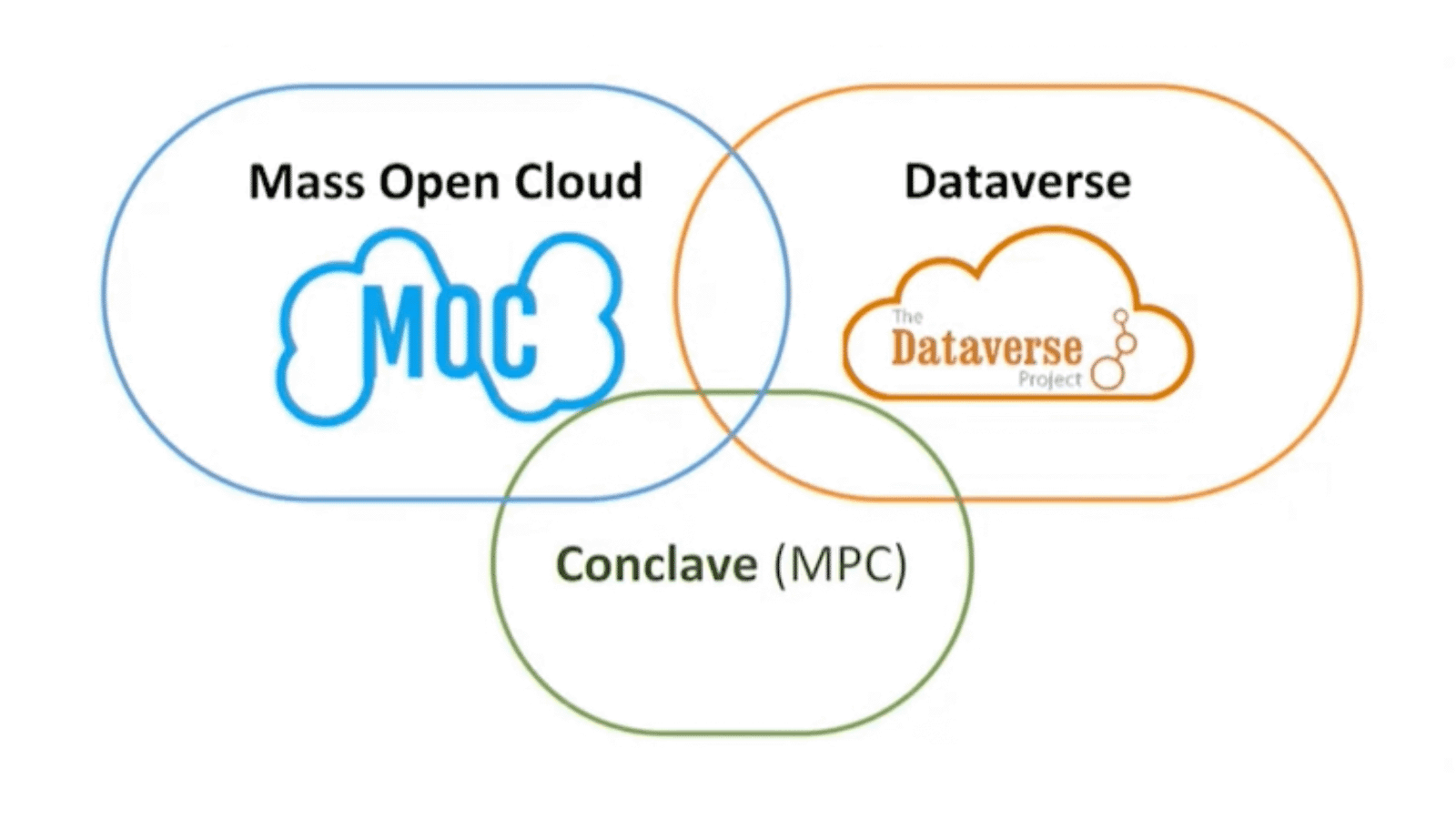

The research of Boston University's Mayank Varia explores the computational and social aspects of cryptography, and his work has been featured in media outlets like CNET, The Hill, and ZDNet. His designs for accessible, equitable, and socially-responsible data analysis have been used to determine the gender wage gap, subcontracting to minority-owned businesses, and repeat offenders of sexual assault inspired by the #MeToo movement.
This talk describes research completed as part of an NSF-funded grant to apply data security principles to a cloud data center. The findings offer insights relevant to situations where people are interested in achieving strong utility (such as cost-effectiveness) without sacrificing privacy, such as when aggregating salary data or trends from medical records without revealing individual data.